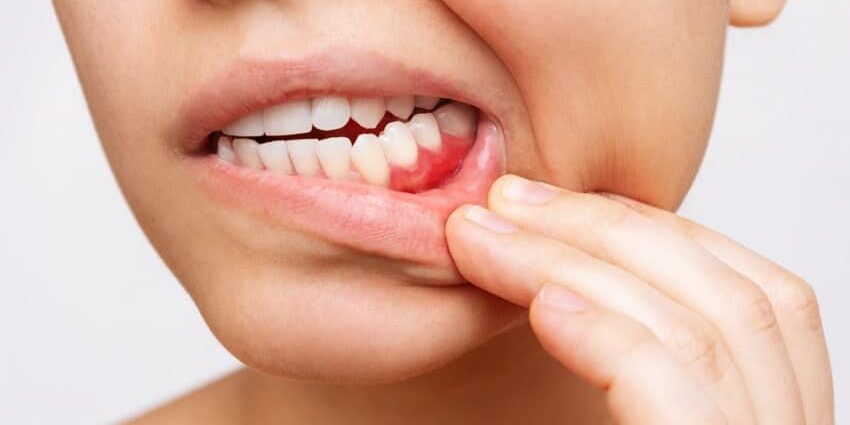Periodontal disease is a serious infection of the gums and bone. It can lead to tooth loss, increased risk of heart disease, and other health problems. And while it’s often called “gum disease” by patients and doctors alike, it’s actually more accurate to say that gum disease is a type of periodontal disease.
If you want to diagnose your condition properly, it would be better to consult with experienced dentists at Antigo family dentistry. They can examine your gums and teeth and help you determine the exact periodontal disease.
We will now see into different types of periodontal disease.
- Gingivitis
Gingivitis is one of the most common types of periodontal disease. It is a mild condition that affects the gums and tissue of the mouth. Gingivitis is also known as “inflammation of the gums.” It mainly occurs because of infection by bacteria or fungi in our mouth. This infection can be caused by poor oral hygiene, ear infections, high sugar, smoking, etc.
The treatment for gingivitis is proper oral hygiene. Your dentist or hygienist will instruct you on how to clean your teeth and gums better. They can also provide you with antibiotics to fight bacteria.
- Chronic periodontal disease
CPD is much more serious than gingivitis. It happens when the infection has progressed, causing severe inflammation and damage to the ligaments or bones of a person’s mouth. In about 50% of people with CPD, the disease will progress, eventually resulting in tooth loss. However, unlike gingivitis, chronic periodontal disease is not easily curable.
- Aggressive periodontal disease
Aggressive periodontal disease is a more severe form of chronic periodontal disease. It can be fatal without proper treatment. This severe condition is characterized by the sudden loss of bone tissues. If left untreated, aggressive periodontal disease can lead to catastrophic effects, such as heart attacks, strokes, and other health problems.
- Periodontal disease relating to systemic conditions
Some patients may have a systemic condition, such as rheumatoid arthritis or diabetes, making them more susceptible to periodontal disease. If you already suffer from a systemic condition, it would be better to consult with your doctor as soon as possible.
- Necrotizing periodontal disease
Necrotizing periodontal disease is one that worsens quickly. It is common among HIV-positive individuals. Malnutrition, smoking, and chronic stress also increase the risk for necrotizing periodontal disease.

